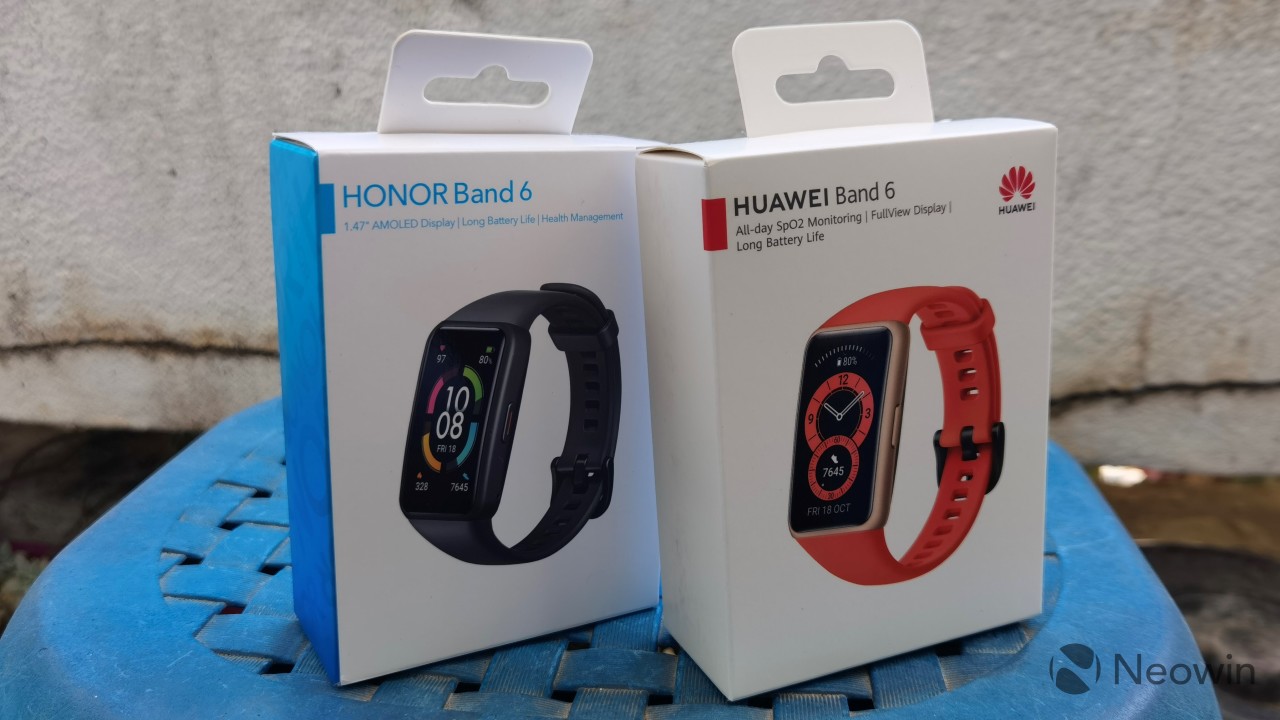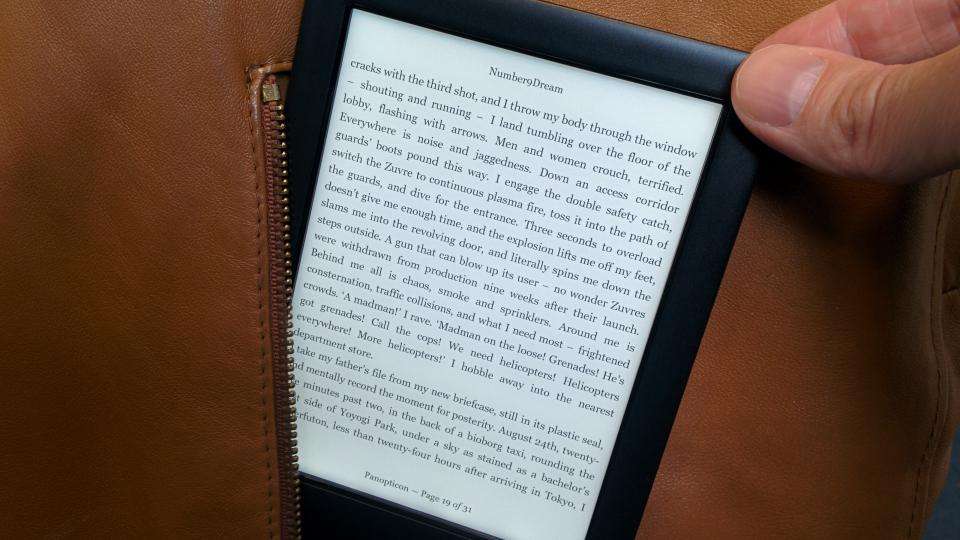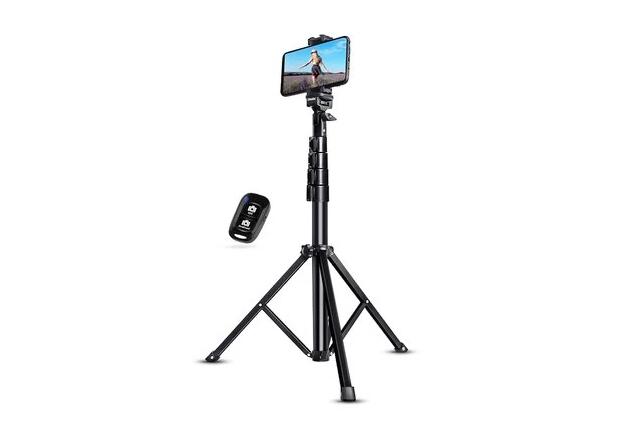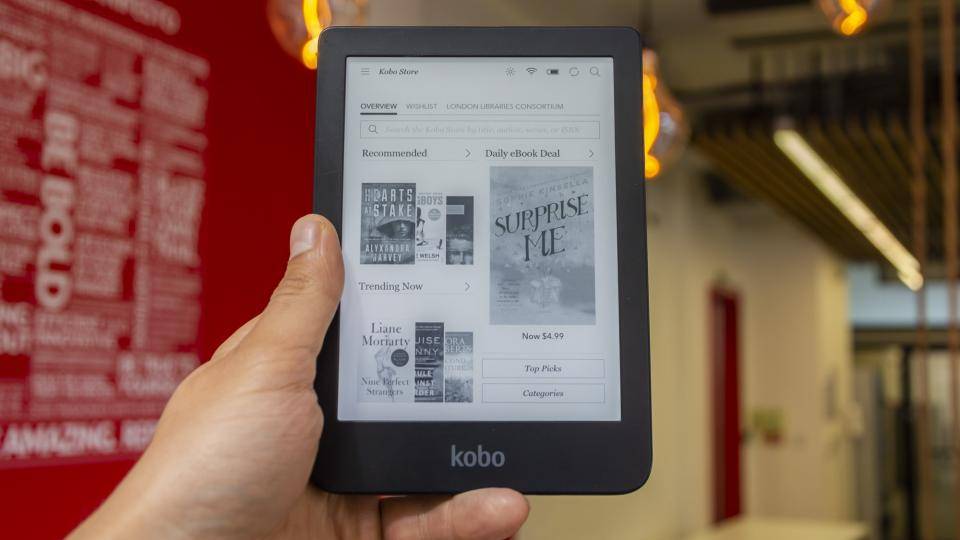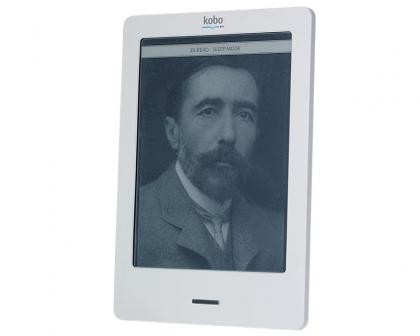Using wireless charging is easier than plugging in a cable because it eliminates the need for cables. However, their usefulness depends on a variety of things, such as whether they are compatible with the devices being used. This post is for you if you want to buy a wireless charger right now but don't know what to look for. Here are some considerations to keep in mind while shopping for a wireless charger.
Things to Think About Before Buying a Wireless Charger
The compatibility of the wireless charger with your electronics should be your priority. Even though many high-end smartphones, such as Apple and Samsung phones, support the Qi standard, it is still important to carefully examine the device's technical specifications before making a purchase.
Before plugging in a charger, be sure the gadget you're trying to charge is compatible with the charger's power output. This should charge your gadget faster than its manufacturer recommends. For example, some mobile phones need as much as 5W to operate, while more sophisticated gadgets may demand as much as 10W, 15W, or even 20W. The frequency of the wireless charger is another factor to consider. Although the frequency range of 110 to 205 kHz is commonly considered the average, some electronic gadgets require a more precise frequency to charge successfully, especially when it comes to wireless charging.
If you're in the market for a wireless charger, safety should always be your top priority. Keep in mind the importance of temperature regulation, overcharging protection, and object detection while shopping for a charger. Choose a wireless charger that has safety features to prevent overheating of your phone or other electronics.
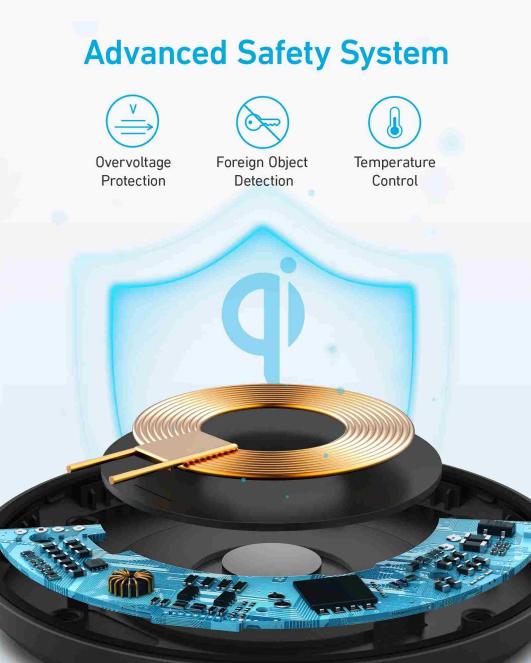
Standard wireless chargers may only supply 5 watts of electricity, which is more than enough to charge most smartphones. The time it takes to charge your cellphone might be drastically reduced with a more modern charger that provides as much as 20W of electricity. However, this will be constrained by the device's maximum charging speed. The charging time will not be reduced if you use a wireless charger that has a higher power output, such as 20 watts, on a phone that can only accept 5 watts of wireless power.
It is also important to think about the charger's efficiency. A typical criticism of wireless charging is that power is wasted as heat by the wireless charger. Find a charger with a high-efficiency rating to get your device nearly fully charged in a shorter amount of time. Check the product description to see if issues of power efficiency or loss are covered.
The optimal charging orientation for your smartphone may also influence how quickly it charges. Aligning the charging pad and the phone properly is essential for efficient wireless charging. Some chargers come with alignment suggestions that can help you get the most out of your phone's charging time.
Don't try to simplify life by thinking about wireless chargers in terms of their technical specifications. Since these devices are frequently left out on tables or nightstands, they need to look good. You should give some thought to the charger's shape, color, and build if you want it to look well in your room and complement the rest of your equipment.
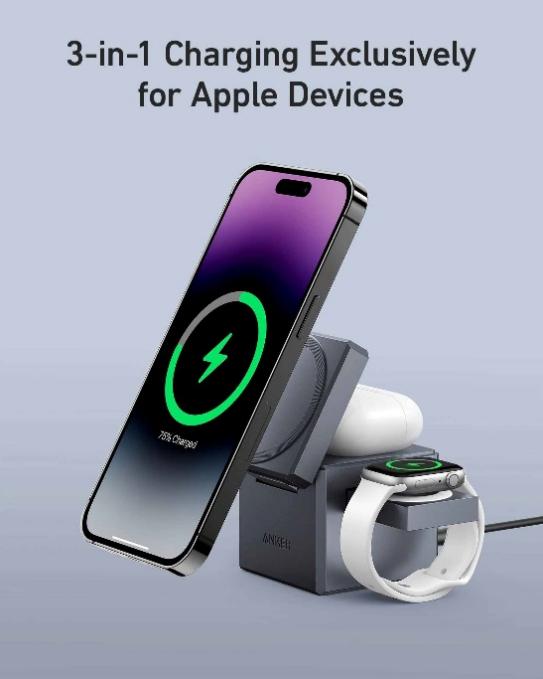
Stands, pads, and chargers that can accommodate several devices are among the most widely available options. Pads are more compact and stylish than supports, and they make using your screen while it's charging much easier. Those who own a variety of wirelessly chargeable devices can benefit greatly from multi-device charging stations, such as Anker's 3-in-1 charging stations.
Finally, consider the product's cost and the reliability of the brand. Prices for wireless chargers range from as little as $10 for the most basic models to well over $100 for the most advanced, multi-device-capable, feature-rich, and aesthetically pleasing options.
While it's not essential to get the most expensive version available, cheap materials should be avoided. Problems with compatibility or safety are more likely to arise when using off-brand or generic alternatives. After a few mornings in a row where your phone suddenly wouldn't charge overnight, you'll regret you hadn't skimped on research and instead spent the extra money on a better-trusted brand.
How do you feel about the concept of wireless charging?
Wireless charging provides a new level of convenience to our daily lives. You can better determine if a wireless charger is suitable for your needs by learning about its compatibility with your devices, charging speed, design, safety features, and price. These considerations are important whether you are just getting started with wireless charging or are planning to upgrade your charger.

